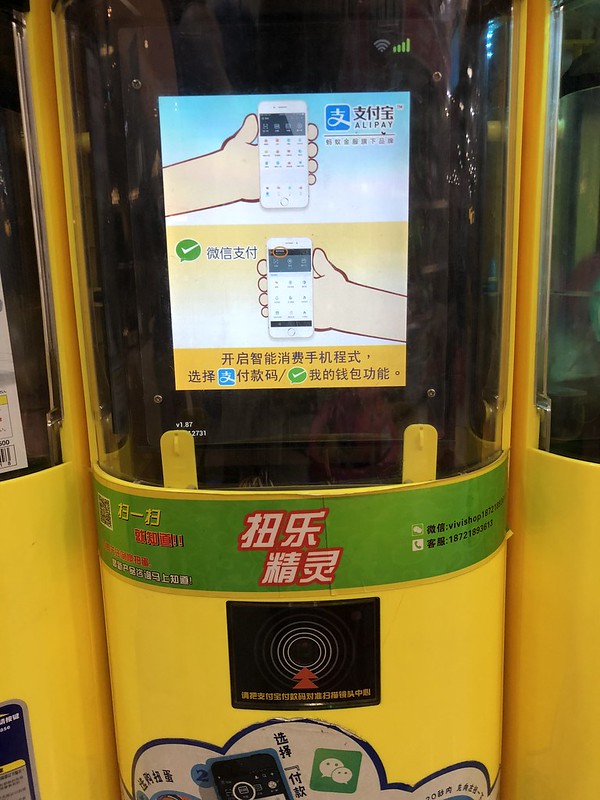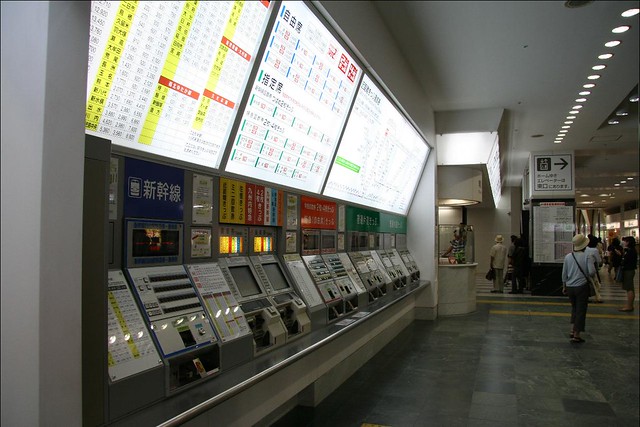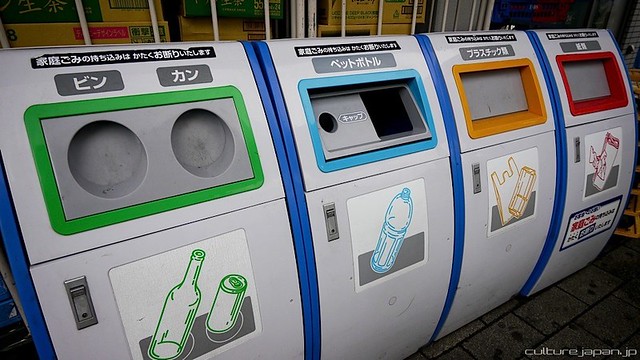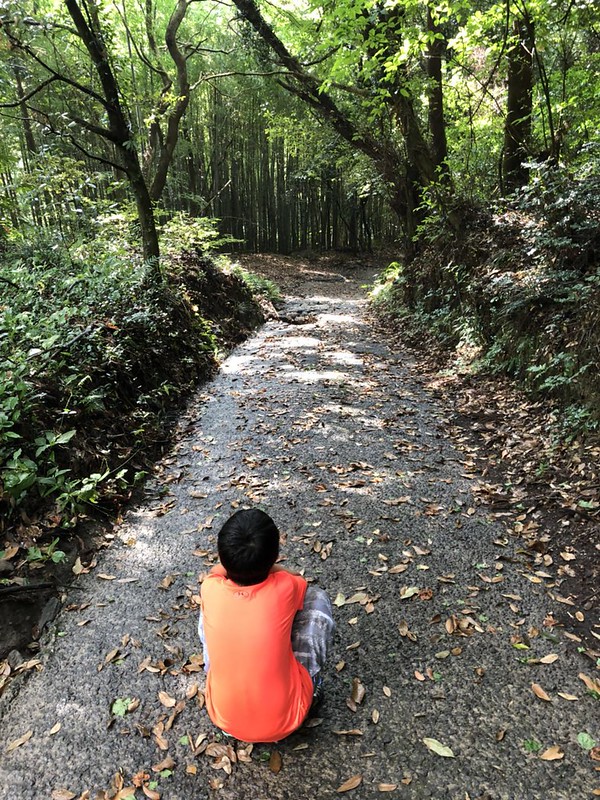Fukuoka 20 Years Later, post-China
I studied abroad in Japan for the 1997-98 academic year. During spring break, a friend and I hitchhiked from Osaka to Fukuoka. We visited from friends of mine, and explored the northern half of the island of Kyushu. Now, just over 20 years later, I’ve just visited Fukuoka again. This time the differences I noticed felt meaningful, and it’s not because of Japan. It’s because of me, and the 18 years I’ve spent in China in the meantime.
Obviously, this is a personal take. So-called “evidence” I cite is anecdotal. It doesn’t take into account the societies as a whole. I know, Fukuoka is not Tokyo. But if you can handle all that, read on.
The overwhelming sense I got which took hold of me early on in the visit and just wouldn’t let go is that Japan hasn’t changed much in 20 years. Of course it’s changed. But having lived in China, where pace of development permanently stuck in “breakneck speed,” Fukuoka really made me feel like Japan’s development is at a standstill. I’m no economist, but I’m into technology, so that’s one of the areas I was constantly checking up on. Remember when Japan felt super high-tech, back in the 80’s and 90’s? Now it feels kind of like Disney’s Epcot center, the “city of the future” conceived of in the 1970’s.
Just a few things that left an impression:
-
Vending machines everywhere. This is one of the things that’s so Japan, and I take no issue with the approach, except that these are literally the exact same machines from 20 years ago. They really haven’t changed. Meanwhile, China is outfitting these machines with scanners to support WeChat and AliPay.
-
“Cashless” restaurant ordering also means vending machines. My wife’s mind was blown that so many Japanese restaurants use meal ticket vending machines. This way the staff doesn’t have to handle money at all, and no one has to take orders. Makes sense, right? The modern Chinese solution, though, is to just put QR codes on the restaurant tables. Diners scan, order, and pay right away. The restaurant staff knows which table you ordered from. You barely have to talk to the staff, much less give them a ticket. No cash, no paper, no human interaction necessary. Cold efficiency.
-
Japan’s rail system is still legendary. Again, exactly the same as 20 years ago. You buy train tickets from vending machines. There’s a very real sense of “if it ain’t broke, don’t fix it,” and I can understand that. The train system works so well! It’s easy to use, and the trains all run on time. Shanghai’s subway and light rail system is not better than Fukuoka’s. And yet, there’s this feeling that in 10 more years (if that), Shanghai’s will be clearly superior, and Fukuoka’s will be the same.
-
Japan’s still doing great with recycling and environmental protection. I know, Japan still kills whales and does other bad things. But in general Japan is great at recycling, the streets are clean, and a retreat into the mountains (also clean and relatively unsullied) is never far away. I’m not sure if it’s possible, but it would be so great if China could catch up in this respect.
-
It’s not hard to be alone in Japan. Sure, the cities are super crowded, and apartments are small. But if you need to get away from it all, it feels way easier in Japan. You can hop on a train or bus, and a short ride later be headed into the mountains where you’ll be totally alone. Sure, it’s possible in China, but harder.
I could say a lot of these same things about China and the US, especially if I cherry-pick my cities. One interesting thing, though, was that when my wife told Japanese friends about how we use mobile payments for everything in Shanghai now, they were surprised and blown away. They had no idea.






hi,
what language did she rely on in Japan?
My wife used English for communications in Japan.